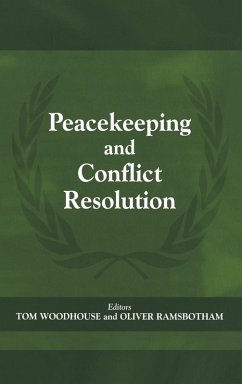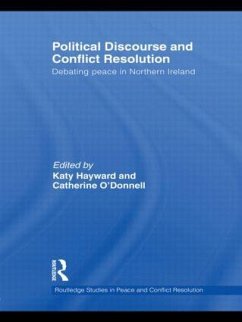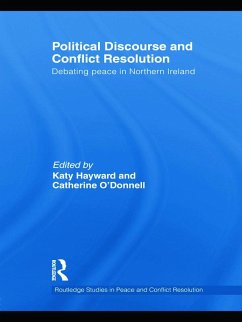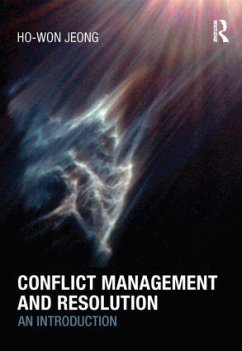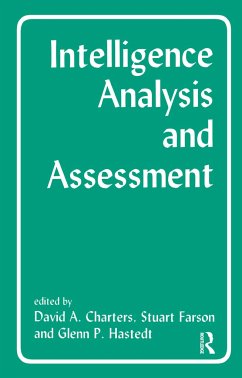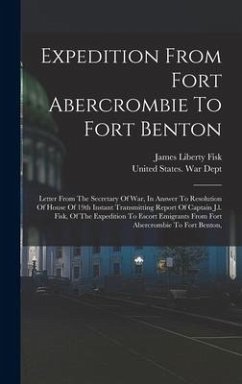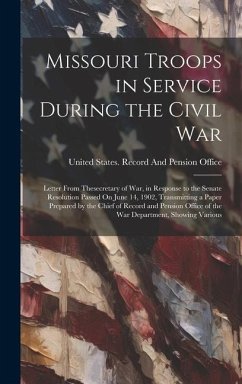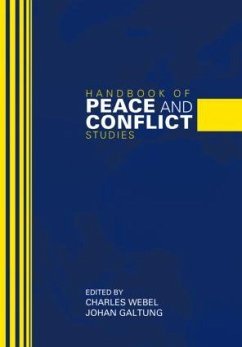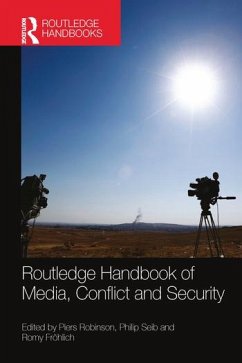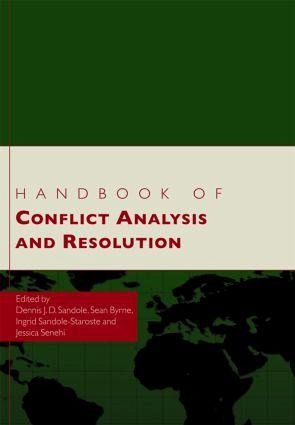
Handbook of Conflict Analysis and Resolution
Versandkostenfrei!
Versandfertig in 1-2 Wochen
257,99 €
inkl. MwSt.

PAYBACK Punkte
129 °P sammeln!
This major Handbook comprises cutting-edge essays from leading scholars in the field of Conflict Analysis and Resolution (CAR). The volume provides a comprehensive overview of the core concepts, theories, approaches, processes, and intervention designs in the field. The central theme is the value of multidisciplinary approaches to the analysis and resolution of conflicts. This consists of moving from the study of analytical approaches to understanding the deep-rooted causes of conflict, to third-party intervention approaches to preventing or ending violence, and to resolving and transforming c...
This major Handbook comprises cutting-edge essays from leading scholars in the field of Conflict Analysis and Resolution (CAR). The volume provides a comprehensive overview of the core concepts, theories, approaches, processes, and intervention designs in the field. The central theme is the value of multidisciplinary approaches to the analysis and resolution of conflicts. This consists of moving from the study of analytical approaches to understanding the deep-rooted causes of conflict, to third-party intervention approaches to preventing or ending violence, and to resolving and transforming conflict. The book is divided into four main parts: Part I: Core Concepts and Theories Part II: Core Approaches Part III: Core Practices Part IV: Alternative Voices and Complex Intervention Designs The Handbook of Conflict Analysis and Resolution is a benchmark publication with major importance both for current research and for the future of the field. It will be essential reading for all students of conflict resolution, peace and conflict studies, and International Relations in general, as well as to practitioners in the field.





